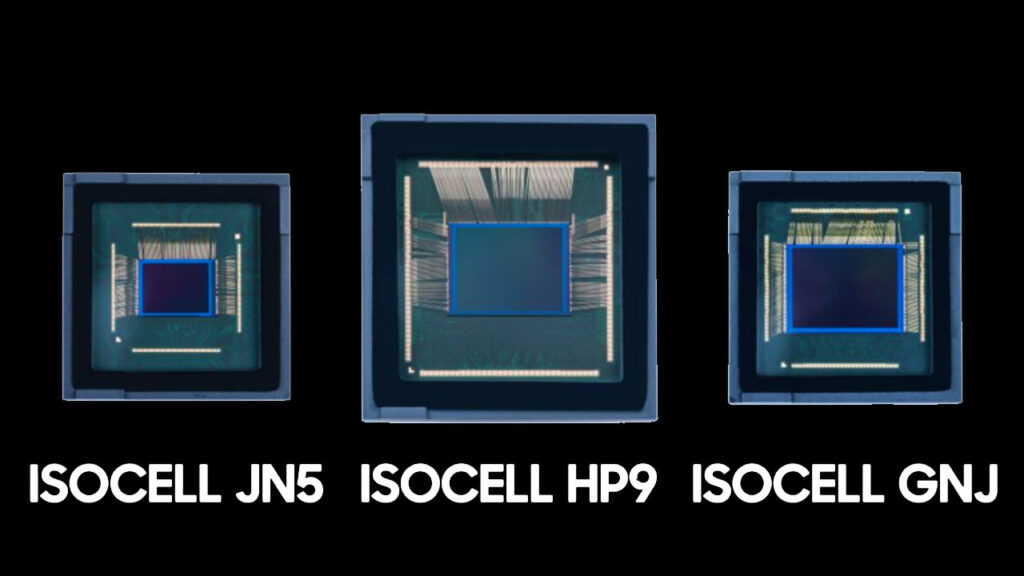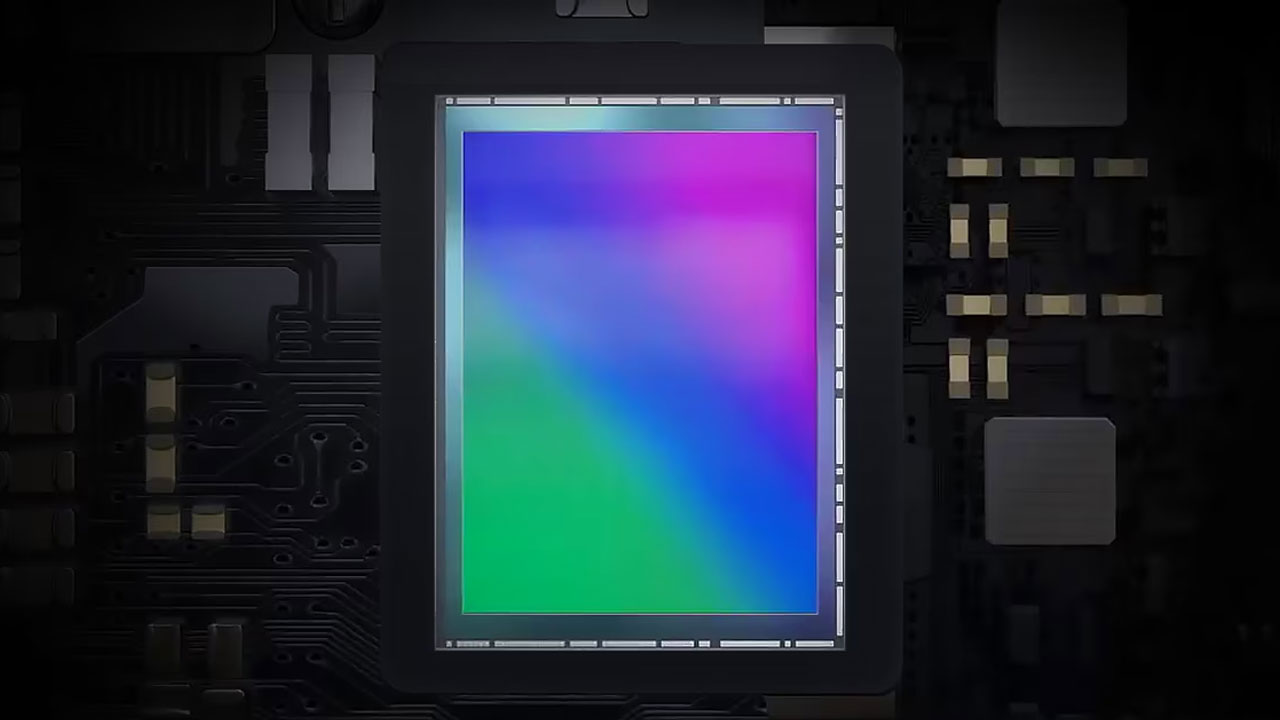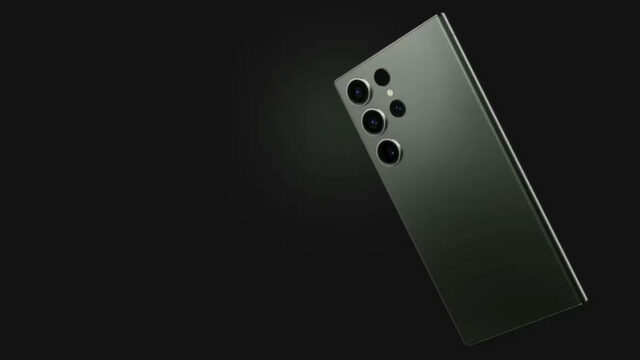When it comes to Android phones, Samsung is often the first brand that comes to mind, and the company is expanding its market share with its camera sensors as well. Today, Samsung officially announced three new ISOCELL camera sensors. Although these sensors are not intended for flagship phones, they can be used as telephoto and ultra-wide-angle lenses in high-end devices. Here are the new Samsung ISOCELL camera sensors…
Samsung Announces ISOCELL GNJ, HP9, and JN5 Camera Sensors
While Samsung is a prominent player in the phone market, its camera sensors are also used by other companies. The newly introduced ISOCELL GNJ, HP9, and JN5 sensors are not expected to be used as main cameras in flagship devices but are likely to be utilized as telephoto and ultra-wide-angle lenses in high-end devices. Each sensor comes with its own unique features.

Samsung ISOCELL HP9
The ISOCELL HP9, notable for its 200-megapixel capability, offers a 1/1.4-inch optical format, providing 12% higher light sensitivity and 10% improved autofocus performance compared to the ISOCELL HP3. This lens is already familiar, as it is used as a telephoto camera in the vivo X100 Ultra model.
Samsung ISOCELL GNJ
The ISOCELL GNJ is a 50-megapixel sensor with a 1/1.57-inch optical format. It features dual-pixel autofocus, ensuring fast and smooth focusing even in low light and challenging conditions. The GNJ consumes 29% less power in preview mode and 34% less power when recording 4K 60fps video.

Samsung ISOCELL JN5
Another sensor introduced by Samsung today is the ISOCELL JN5. This 50-megapixel sensor with a 1/2.76-inch optical format is specifically designed for ultra-wide-angle lenses. It uses Samsung’s Dual Vertical Transfer Gate (Dual VTG) technology to reduce noise and enhance pixel-level transmission in low light conditions. Due to its relatively small size, it can be used for selfie cameras, telephoto, and ultra-wide-angle lenses.
What do you think about Samsung’s newly announced ISOCELL camera sensors? Do you believe they will deliver sufficient performance? Share your thoughts with us in the comments.














